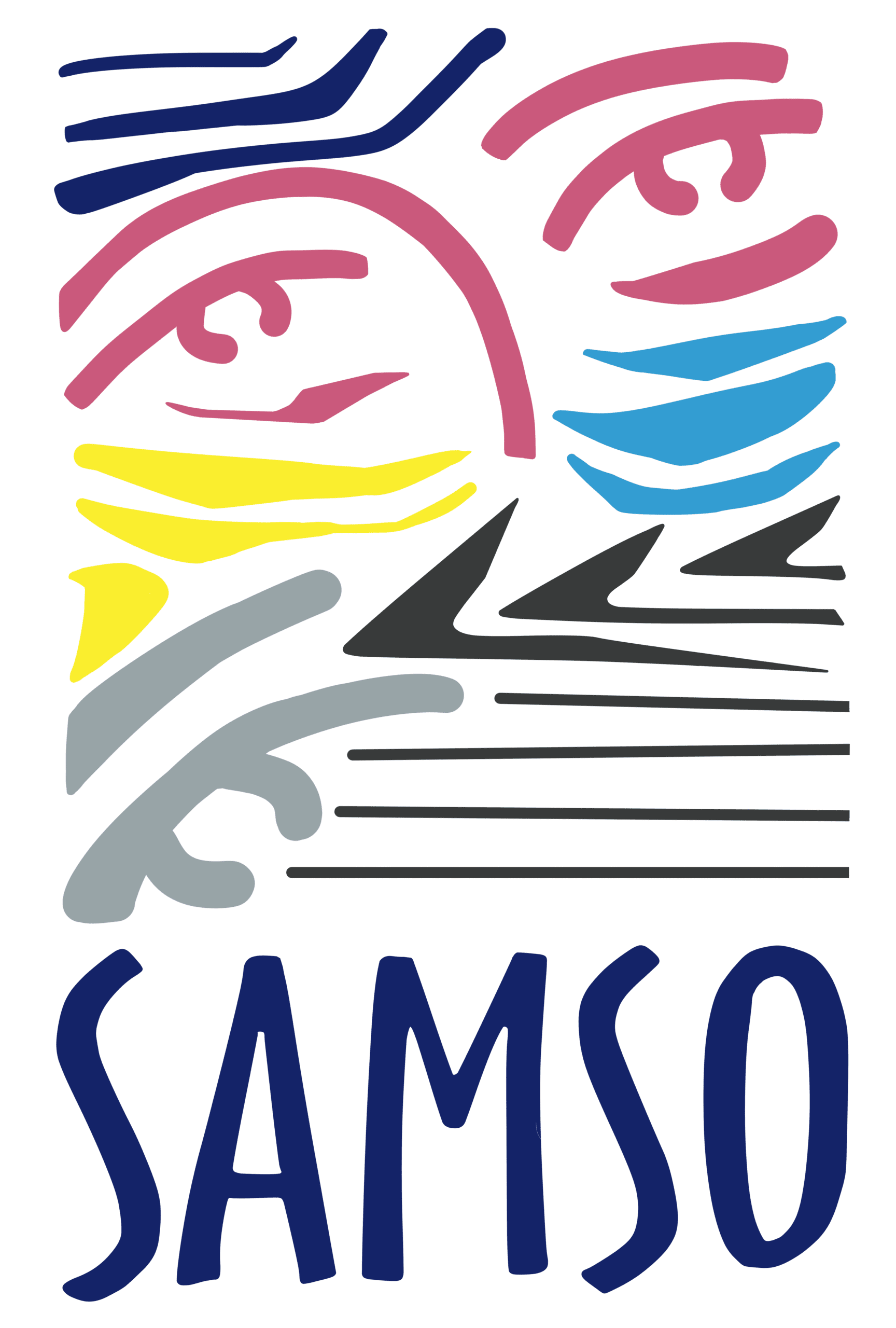Experts want African media to highlight the continent’s strengths, not just its problems in a call for more ethical storytelling.
Bongiwe Tutu moderated an Africa Day seminar hosted online by fraycollege and Africa No Filter.
Introducing the discussion on Social Media Storytelling for Advocacy in Africa, Tutu highlighted that the gathering sought to “examine how compelling storytelling can catalyse genuine and sustainable transformation in African societies.”
The event featured perspectives from content creator Mercy Hombakazi Nqandeka, fraycollege CEO Mamaponya Motsai, and Africa No Filter’s Abimbola Ogundairo, who collectively emphasised the necessity of transcending stereotypes to present Africa as a hub of innovation, honour, and potential.
“Africa isn’t seeking rescue,” Nqandeka declared. “We are creating, restoring, advancing. Our focus must shift from highlighting Africa’s deficits to showcasing its assets.”
She encouraged content creators to abandon ‘poverty exploitation’ in favour of genuine, nuanced narratives centred on community empowerment.
Nqandeka’s viral storytelling—including a TikTok clip with over 1.5 million views depicting a pregnant woman’s river crossing to access healthcare—has prompted concrete action. “Local and provincial authorities responded… pledging to enhance the clinic’s capabilities,” she explained. “This demonstrates social media’s impact when used responsibly.”
Motsai centred her remarks on genuineness, challenging participants: “Am I sincere in my portrayal of Africa? If I view my continent solely through a prism of hardship, I cannot effectively communicate stories of progress.”
She warned against external and internal victimisation narratives: “We must avoid trading our communities’ honour for assistance. Advocacy targeting Africans should foster empowerment, not sympathy.”
Ogundairo, Africa No Filter Advocacy and Campaigns Lead, supported this perspective with research and tactical insights. “Narratives shape perceptions, and perceptions have implications,” she stated. “Negative stereotypes cost Africa approximately £4.2 billion annually. That’s substantial damage from misrepresentation.”
She advocated for a perspective focused on potential: “Our question should shift from ‘what’s wrong with Africa?’ to ‘what can Africa achieve?’”
The Africa Day webinar forms part of an ongoing initiative by fraycollege and fraymedia Foundation to equip communicators, civil society leaders, and content creators with tools to leverage social media for impact, inclusivity, and narrative independence.
Tutu concluded the session by stating: “The moment has arrived for Africa to embrace its autonomy and strengthen its people. Responsible storytelling is both our duty—and our strength.”
You can watch the full video at: https://www.youtube.com/live/RmCQ7o7hKd8


Leave a Reply